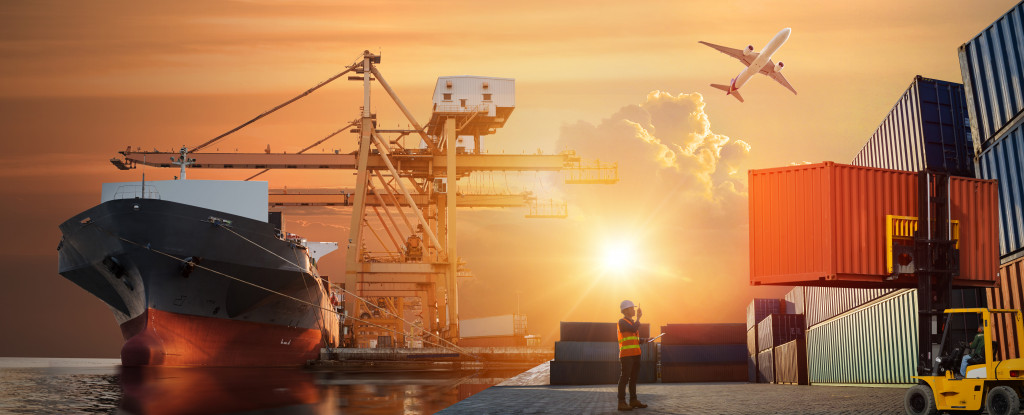Logistics is a critical function for any business. It is the process of organizing and managing the flow of goods and materials from supplier to customer. Companies can minimize costs and maximize profits by ensuring that materials are delivered on time and in the correct quantities.
There are several reasons why businesses choose to outsource their logistics functions. One of the most important reasons is that logistics is a complex and sophisticated process. Many moving parts are involved in delivering goods and materials to customers, and it takes years of experience and specialized knowledge to master all the aspects of this process. Outsourcing logistics allows businesses to tap into the expertise of logistics professionals who have dedicated their careers to learning this complex field.
Another reason businesses outsource logistics is because it can be costly to build and maintain an in-house logistics division. Logistics involves many fixed costs, such as purchasing or leasing warehouse space, hiring drivers and other personnel, and investing in transportation and material handling equipment. In addition, businesses must also bear the cost of inventory losses due to damage or spoilage. By outsourcing logistics, companies can avoid these significant expenses and focus on their core competencies.
Finally, outsourcing logistics can help businesses improve their customer service. Companies relying on third-party logistics providers can often get same-day or next-day delivery for their products. This level of service is difficult, if not impossible, to match when companies try to manage their own logistics operations.
Overall, many reasons businesses choose to outsource their logistics functions. They can access specialized expertise, avoid costly investments, and improve customer service. However, you might want to build one in-house. An in-house logistics division can provide certain advantages, such as more control over the process and improved communication between the different parts of your business. You should weigh the pros and cons carefully before making a decision. If you decide to build an in-house logistics division, ensure you have the resources and expertise to make it a success. Here are a few of them.
Warehousing Establishments

Creating warehouse facilities is an essential part of any logistics operation. Having a designated space to store all your products and goods allows you to have a stable system before transporting them to different stores. This will help keep track of your inventory and help reduce losses due to damage or spoilage.
Businesses should consider a few things to create an efficient warehouse facility. The first is the layout of the space. The layout design must make it easy for workers to navigate and find their needed products. The storage area should have a proper organization that maximizes space and handling time.
Another important consideration is the equipment you will need in your warehouse. You will need forklifts, pallet jacks, and other material handling equipment to move your products around. You will also need conveyor belts and sorting systems to help with order fulfillment.
Finally, you will need to staff your warehouse with qualified workers. Workers need to be able to operate the equipment safely and efficiently, and they also need to be knowledgeable about the products they are handling. Considering these considerations, you can create a well-run warehouse facility that will support your logistics efforts.
Fleets and Ships
Businesses need a transportation system in place to deliver products to customers. This system can be in-house or outsourced. If a business builds its transportation system, it must purchase fleets of trucks. Alternatively, businesses can partner with a company specializing in ship building, especially when logistics require overseas transport. It can save you money and time, ensuring you have everything controlled.
A transportation system is vital for several reasons. First, it allows businesses to move products quickly and efficiently from the warehouse to the customer. It ensures that products are available when customers need them and get delivered on time.
Second, a transportation system allows businesses to reach new markets. By shipping products to new areas, companies can expand their customer base and increase sales.
Third, a transportation system can help businesses save money on shipping costs. By consolidating shipments from different warehouses, companies can take advantage of lower shipping rates.
Finally, a transportation system is necessary for inventory management. Businesses need to track the movement of products from the warehouse to the customer to ensure they have the correct inventory levels. A transportation system helps them do this by providing a central location where all the shipment information is collected and tracked.
Conclusion
There are many things to consider before building an in-house logistics division. You should weigh the pros and cons carefully to decide if it is the right decision for your business. If you create an in-house logistics division, ensure you have the resources and expertise to make it a success.



